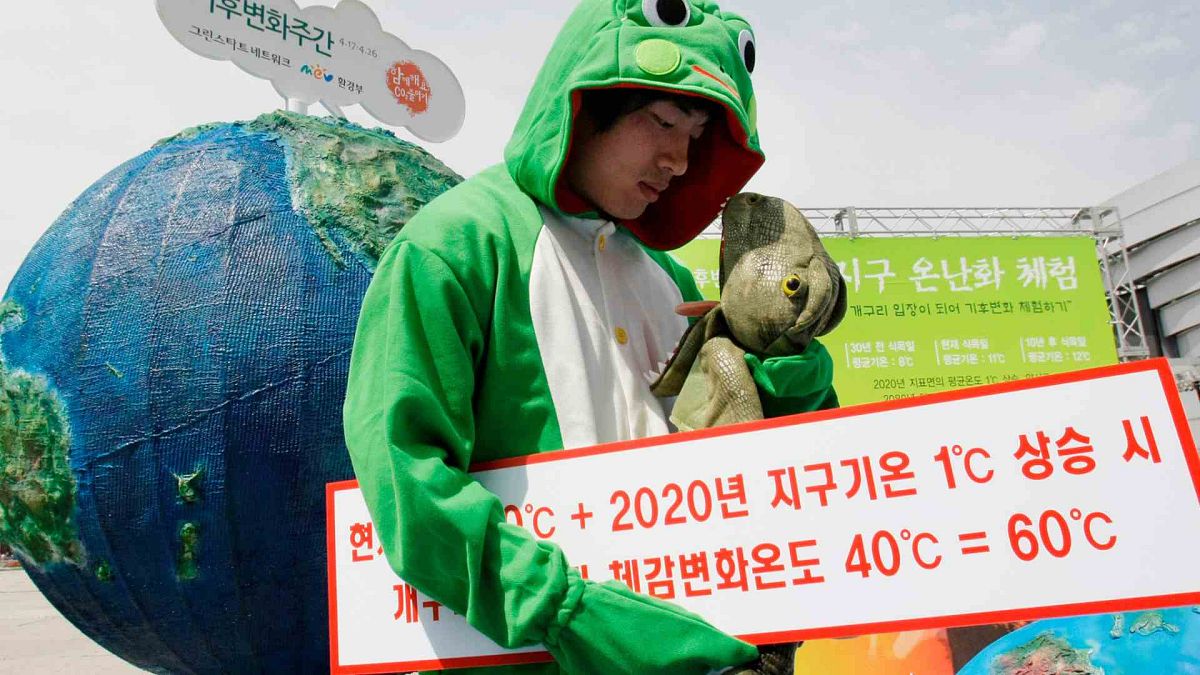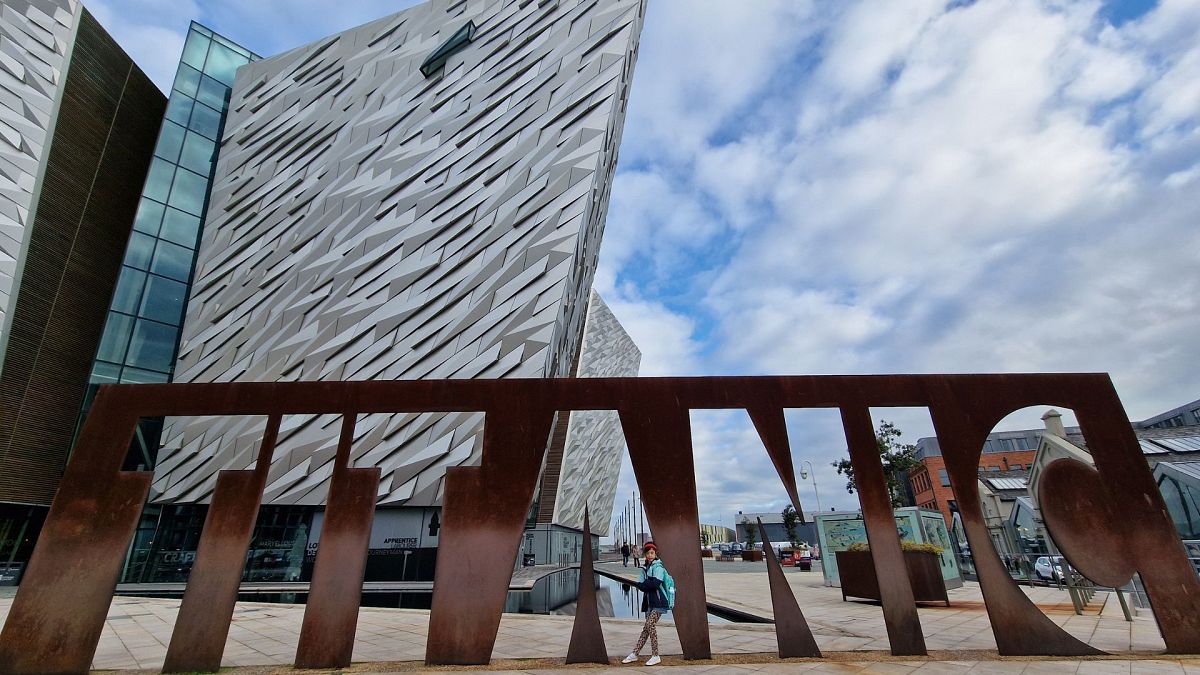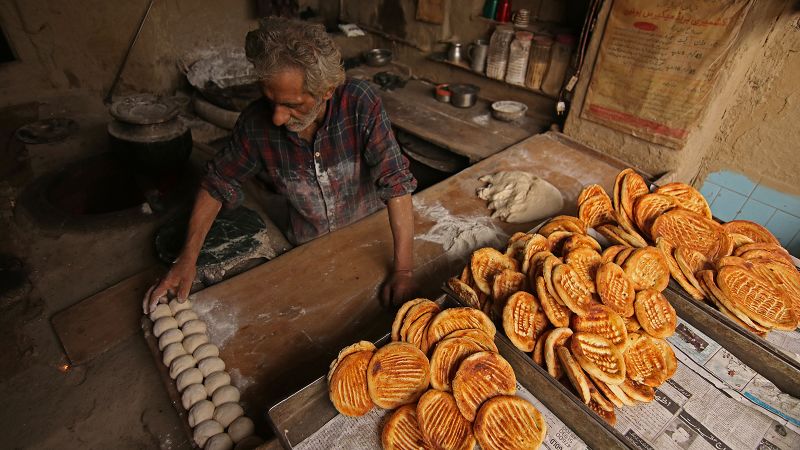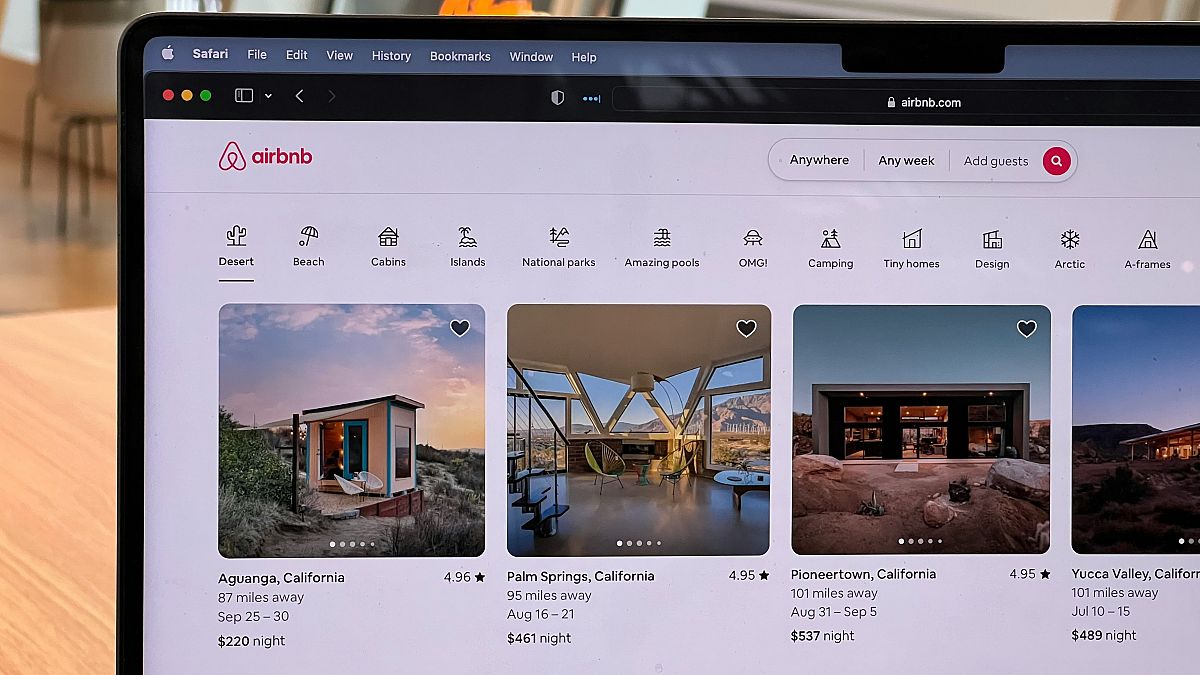It is the first ever legal case in East Asia challenging national climate policies so it could set a precedent.
South Korea’s government has been told they must be more specific in how they will meet their 2049 climate goals.
The ruling comes off the back of four climate cases raised by 254 plaintiffs, one of whom was an unborn baby when the case was filed.
It represents a partial victory for climate campaigners who say the country’s failure to cut emissions faster is a violation of their human rights.
What is in the ruling?
On Thursday, South Korea’s Constitutional Court ordered the government to back its climate goals with more concrete plans for action between now and 2049.
The court did not require South Korea’s government to set up a more ambitious 2030 target under its carbon neutrality act and also rejected the plaintiffs’ calls for more specific plans to ensure implementation, saying that they failed to demonstrate that the policy was unconstitutional.
However, the court did uphold the plaintiffs’ argument that the country needed to establish plans for cutting emissions between 2031 and 2049 and ordered the government to modify its carbon neutrality law by 28 February 2026, to include such plans.
The South Korean government didn’t immediately comment to the ruling.
Why did South Koreans sue their government over climate change?
The court, which weighs the constitutionality of laws, issued the assessment while ruling on four climate cases raised by 254 plaintiffs, including many young people who were children or teenagers when they began filing the complaints against the government and lawmakers in 2020.
They argued that South Korea’s current goal of cutting carbon emissions by 35 per cent from 2018 levels by 2030 is inadequate to manage the impact of climate change and that such objectives weren’t backed by sufficient implementation plans.
They also pointed out that the country has yet to establish plans to reduce carbon emissions after 2031, despite its outstanding goals of achieving carbon neutrality by 2050.
The plaintiffs claimed that South Korea’s allegedly lax climate policies violate their human rights by leaving them vulnerable to future deteriorations in the environment and climate-related harm.
What impact could the case have in South Korea and beyond?
Speaking at the time the latest case was filed, Sejong Youn, a legal counsel for the case in Seoul told ‘Nature’ journal:
“If we have a favourable precedent in South Korea, I think that will really be a trigger in spreading this trend,”
“It will send a message: all countries need to take action in order to tackle this global crisis, and there are no exceptions,” he said.
Litigation tends to be seen as a last resort in East Asian countries. But researchers say a successful outcome will embolden others in the region to act.
“Even if you lose this time, you can lose beautifully in the sense that you provoked social awareness,” Dr Zhu told the journal. “The very fact that this case went to the constitutional court – that is already a certain sense of success.”
Read the full article here
















